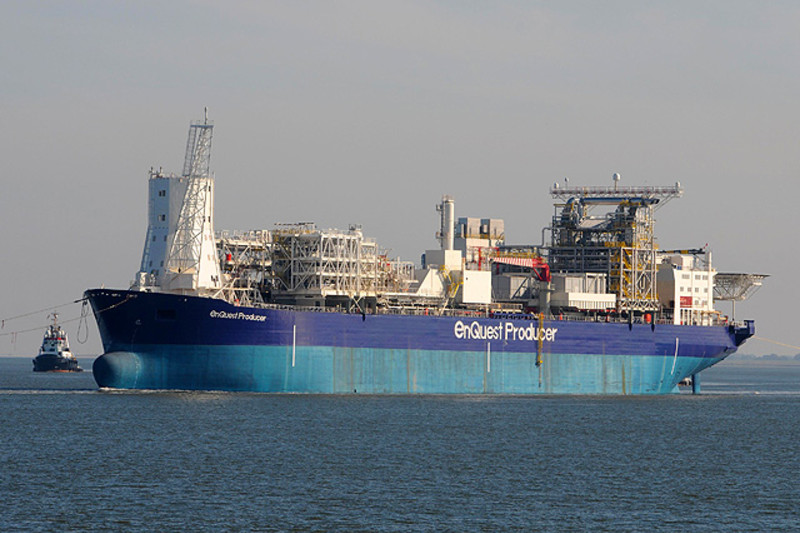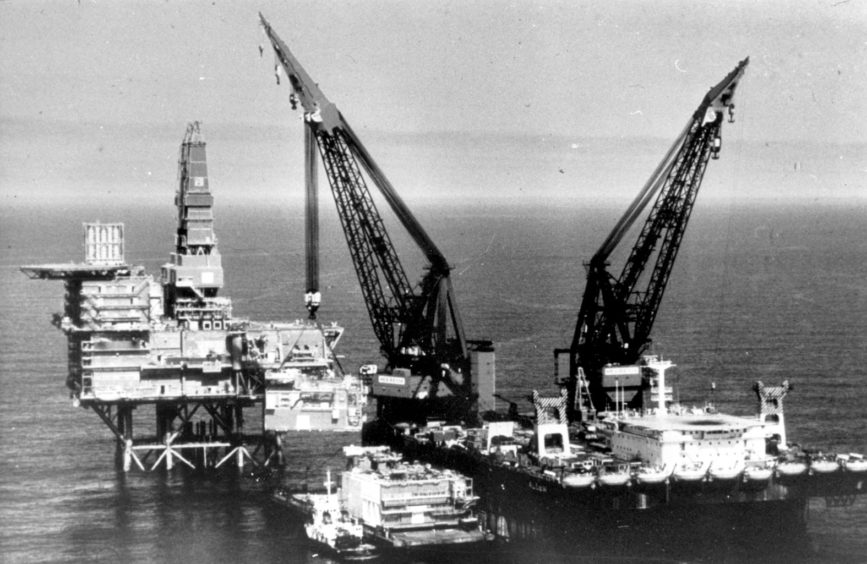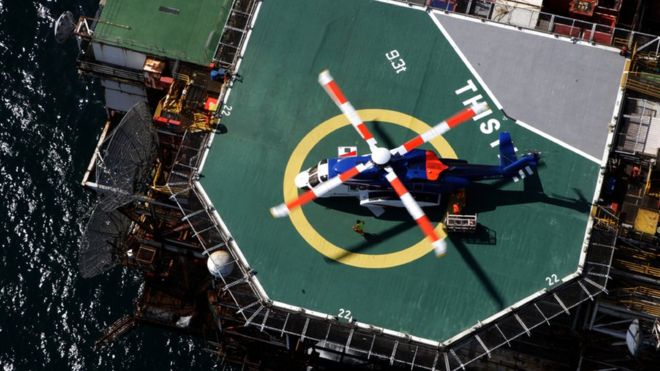
Bridge Petroleum has reported “multiple offers” for its Galapagos North Sea redevelopment; however, licensing rules may produce a roadblock.
CEO Fazrie Wahid said the current licence for the Galapagos project – dating back to the North Sea’s fourth licensing round in the 70s – cannot be extended so it will be forced to expire early next year.
The firm will have to seek a new “modern” licence from the North Sea Transition Authority (NSTA) in order to progress it.
Galapagos is a redevelopment of the North West Hutton field, around 80 miles east of Shetland in the northern North Sea.
Bridge Petroleum hopes to extract reserves of 81 million barrels in the first phase of Galapagos.
Mr Wahid said: “After extensive third party evaluation Bridge received multiple proceedable commercial offers to farm into the Galapagos development.
“Unfortunately, these were unable to progress due to the multiyear impact of COVID19: as the existing 4th Round licence is not capable of extension, the licence will determine in early 2023.
“Having worked on the field for many years and developing the only fully history matched reservoir model with our Technical Partners, Bridge will be looking to refresh our interest with a modern-day licence in due course.”
No transfer or renewal process
Offshore licences are awarded with a finite term, at which point they can be prolongated.
If oil and gas is being produced, the licence will continue untul production ceases – in that case it can be extended for a specific area for a certain period.
However if, after that period, there is still no production, the licences “determines” as Galapagos’ will.
The NSTA cannot comment on specific cases but, in general terms it said that once a licence has expired it is returned to a general pot which can be made available for licensing in the future.
There is no transfer or renewal process.
EnQuest
Galapagos started up production as North West Hutton in 1975 and ceased in 2002.
One notable operator – EnQuest – has publicly stated that is has been assessing the potential of the project for its own assets.
In a newly-published relinquishment report (for licence P2601), EnQuest disclosed that it had been assessing Galapagos as part of a new hub in the Dunlin Area via its EnQuest Producer FPSO.
It as the firm was seeking alternative production options for the Osprey, Dunlin and Dunlin South West projects after costs and HSE issues saw the permanent shutdown of the Thistle Alpha hub.
EnQuest had been considering a redevelopment of the area, combined with Galapagos, via the CNR International Ninian fields or via the EnQuest Producer FPSO.
However, the Ninian case was deemed “marginal” economics at the time and EnQuest producer was deemed “sub economic mainly due to low oil rates”.
The EnQuest Producer has been laid up in the Cromarty Firth since 2020, when the firm called time on the Alma/Galia fields it was hosting after four and a half years in production.
EnQuest declined to comment on Galapagos.
Galapagos is ‘world class’ says Bridge Petroleum
Mr Wahid remained unperturbed about the prospect of getting Galapagos off the ground, particularly in the current climate.
He added: “Bridge believes that given the current geopolitical situation it is critical that the United Kingdom look to optimise indigenous natural resources wherever commercially possible, and Galapagos remains a world-class reservoir in a world class basin.
“We continue to look at options and opportunities to address net zero development with our peers in the Northern North Sea focusing on co-development options.”
Recommended for you



